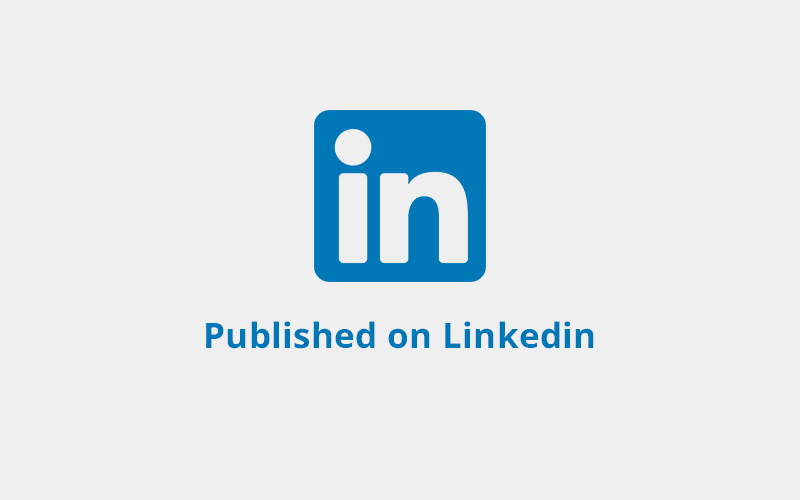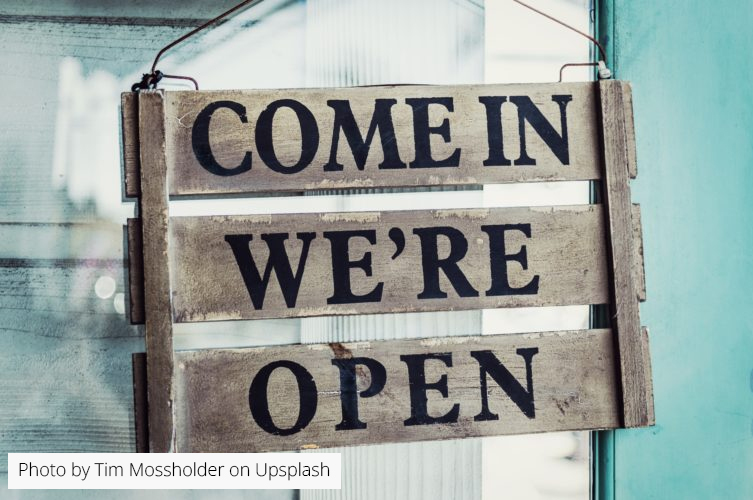Preparing For An Informational Interview
I wrote last time that the key to securing a position is the interview – not the resume. So, you spend time securing an informational interview and, once you do, spend a great deal of time preparing!
Let’s say you get 30 minutes with the person. Plan on NOT BRINGING YOUR RESUME but bring your QUESTIONS.
A resume is a conversation killer. “May I see your resume” should be answered with, “I’ll send you something shortly.” Because once the interviewer is looking at your resume you’ve lost them. This moment is about personal contact, making an impression, engaging the influencer.
And you have plenty of time to prepare. Learn everything you can about the person you are going to meet – his or her career path, interests, hobbies, accomplishments (have they written a book? read it before you get there); and learn everything you can about their company and their network.
Of course, have your elevator speech ready but beyond that, the idea is to engage the person you are seeing. In my opinion, after interviewing hundreds if not thousands of job seekers and sitting in on hundreds of search committee meetings, THE single most impressive (and/or unimpressive) thing a candidate can do is to be prepared (or not prepared). The same holds true for the informational interview.
If someone is willing to give you thirty minutes of his time, you should be willing to spend three or four hours of your time preparing.
And, this goes without saying, but I’ll say it anyway: Follow up with your resume (tailored to reflect the conversation) if you promised to send one; send a thank you note; keep the person apprised of the interview your obtained because that influencer helped you get the next interview; and, once you land a job, send a note of thanks.






